Plumbing WikiLeaks: Saudi Arabia Fears Iranian Nuclear Meltdown and Potential Terrorism to Desalination
Classified cables show that Saudi and U.S. officials believe water supplies along the Persian Gulf are at high-risk for terrorist attacks and possible contamination from nearby nuclear plants. This is the first of a new series that will analyze the water-related U.S. embassy cables published by WikiLeaks.
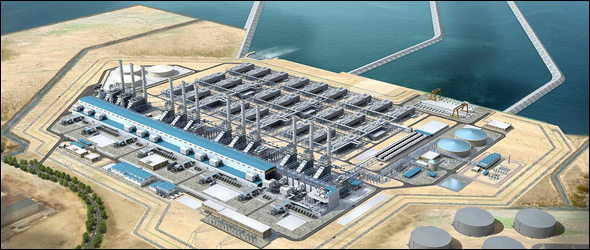
By Brett Walton
Circle of Blue
“The location is so dangerous,” said Prince Turki Al-Kabeer, the undersecretary for multilateral affairs from the Saudi Ministry of Foreign Affairs. “Not just to us, but to the world economy!”
Ostensibly, Prince Turki was meeting with the Netherlands ambassador, the Russian ambassador, and a political/military counselor from the American embassy to discuss an initiative against nuclear terrorism. But — according to a classified American embassy cable from 2009 that has since been published by WikiLeaks — the conversation turned to Iran’s nuclear program and the Russian-built reactor at Bushehr, a site less than 300 kilometers (186 miles) from Saudi shores on Iran’s Persian Gulf coast.
Prince Turki went on to say that Russia should “use its influence” to persuade Iran to relocate the reactor to the Caspian Sea, where there would be sufficient water for cooling, and, the cable’s author makes clear, isolation from Saudi territory, if a nuclear accident were to occur.
At risk, according to both Saudi and U.S. officials, are the desalination plants supplying much of Saudi Arabia’s drinking water, and the Persian Gulf waterway that conveys a large portion of the world’s oil exports — 6.6 million barrels per day.
Plumbing the WikiLeaks: Deeper Than Just Sex, Drugs, and Rock & Roll
This cable, documenting a January 25, 2009, meeting in the Saudi capital of Riyadh, is just one example of the U.S. State Department’s active engagement in global water issues — be those actions public or previously classified until recent publication by WikiLeaks, a nonprofit organization that accepts leaked government and corporate documents.
When diving into the 250,000 memos that are available in the online WikiLeaks catalog, it becomes clear that the decadent lives of authoritarian leaders are not the only matters on the minds of U.S. diplomats and embassy bureaucrats.
While some of the leaked state secrets have enraged citizens and catalyzed revolutions, the documents pertaining to water, of which there are quite a few, show a U.S. leadership that is actively engaged in mitigating global water issues, pushing scientific partnerships, training technocrats in international law and policy, and assisting water negotiations.
This report is the first of a new series in which Circle of Blue will “plumb” the WikiLeaks cables related to water issues. In the coming months, topics will include:
- Impediments to Afghanistan’s water infrastructure development — irrigation, hydropower, reliable drinking supplies — due to unsettled treaty agreements for the nation’s transboundary rivers.
- Requests for technical expertise in developing Algeria’s water resources.
- Intermediary roles that the U.S. plays between Bangladesh and India, particularly over an agreement to share waters of the Teesta River.
- Coordination of monetary donations for a wastewater-treatment facility intended to clean up Lake Atitlan, one of Guatemala’s biggest tourism cash machines.
- Requests for financial support of Jordan’s’ Red Sea Development Project, a desalination and hydropower venture.
- Proposition by Libyan officials to purchase U.S.-built satellites to monitor desertification rates, water supplies, and the nation’s borders.
- Growing worries of Nestle executives over a water- and food-supply crisis, along with the company’s suggestions of how to avoid this.
- Condemnation of the Tajikistan government’s actions surrounding the controversial and increasingly corrupt Rogun Dam.
- The plight of Bangkok, a coastal city that is slowly sinking while the sea rises, along with negative reaction to a proposed water-regulating dike across part of the Gulf of Thailand.
- Dismissal of the nonbinding declarations touted and signed by high-level delegates to the Fifth World Water Forum, the water sector’s largest convention, which took place in Istanbul in 2009.
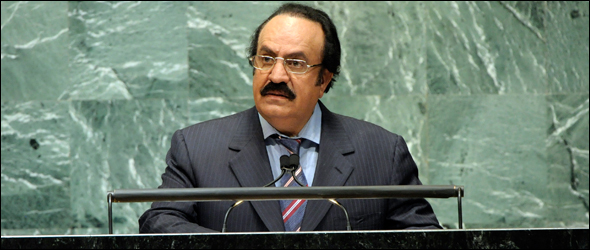
2009 WikiLeak: Nuclear Meltdown
Saudi Arabia, home to a Sunni Islam majority, and Iran, which is officially a Shiite republic, have vied for regional supremacy in the years following the American-led invasion of Iraq and the subsequent ousting of Saddam Hussein. These geopolitical tensions were underscored earlier this month by the planned assassination of Saudi Arabia’s ambassador to the U.S., a plot allegedly directed by a unit of Iran’s Islamic Revolutionary Guard Corps.
— Michael Gfoeller
U.S. Embassy in Saudi Arabia
An eerie foreshadow to the events during the spring of 2011 in Japan, the 2009 cable conveyed Prince Turki’s fears that a nuclear meltdown could have serious consequences on the Persian Gulf, as well as on global energy markets. A major disruption to shipping lanes through the gulf could trigger a calamity in the world’s oil prices, since one-third of all oil that was shipped in tankers in 2009 passed through the Strait of Hormuz, the gulf’s ocean outlet, according to the Energy Information Administration.
The domestic danger to Saudi Arabia’s water supply was equally heavy on the prince’s mind. Saudi Arabia leads the world in the volume of water it desalinates, with more than 3.3 million cubic meters (871 million gallons) per day supplying 60 percent of the drinking water for its population, according to the Saline Water Conversion Corporation (SWCC), the kingdom’s desalinated-water producer.
The desalination complex at Jubail — which supplies 90 percent of the capital city’s drinking water — is located along the Persian Gulf. So is the Ras al-Zawr plant, which will be the kingdom’s largest, producing 1 million cubic meters per day (264 million gallons), when it is completed in 2013.
Therefore, an accident at Iran’s Bushehr nuclear facility could bring “environmental catastrophe” to Saudi Arabia, Turki told the other diplomats, according to the cable. Depending on the severity and circumstances, such an event could not only affect international trade, but it could also temporarily jeopardize the gulf’s capacity as a water source for the Saudis.
Despite Turki’s pleas in January 2009, the construction program was not halted, and Iran began operating Bushehr in May 2011.
2008 WikiLeak: Terrorist Attack
The list of Saudi worries continues in another American embassy cable — this one from August 2008 — in which the author said that a terrorist attack on a major desalination plant would deal Riyadh a crippling blow. Michael Gfoeller, a low-level embassy official at the time, claimed that the Saudi capital would have to be evacuated within a week if the Jubail complex or its supply pipelines were seriously damaged or destroyed.
“The current structure of the Saudi government,” Gfoeller wrote, “could not exist without the Jubail desalinization plant.”
In 2008, Condoleezza Rice, the Secretary of State for the George W. Bush administration, signed an agreement for technical cooperation to protect Saudi infrastructure.
To identify the threats and to ensure the security of these facilities, the U.S. State Department planned to perform detailed “vulnerability assessments,” according to the Gfoeller’s August 2008 cable. The Abqaiq processing plant was considered to be the most important Saudi asset, and it was the first to be assessed. Second in importance to the Saudis was the Jubail desalination complex, but the Americans instead prioritized the Ras Tanura oil-export facility, Saudi Arabia’s largest.
Both the Abqaiq plant and Ras Tanura are categorized by the U.S. Department of Homeland Security as foreign infrastructure that is critical to the operation of the U.S. government and economy, according to the Critical Foreign Dependencies Initiative — the Jubail desalination complex is not on the list.
Reviewing the Situation
The vulnerability assessments and the critical infrastructure list stem from the Critical Infrastructure Program (CIP), a national protection program created by President Clinton in 1998.
When questioned by Circle of Blue, the State Department would not comment on the status of the Saudi CIP vulnerability assessments, nor would it answer questions about anything mentioned in the WikiLeaks cables.
— Toby C. Jones
History Professor, Rutgers
It is difficult to verify whether the perceived consequences described in the WikiLeaks cables match plausible outcomes from a real disaster. Saudi Arabia protects its most sensitive data, and the SWCC did not return email messages asking how the utility would respond to an emergency in the gulf.
Toby C. Jones, an assistant professor of history at Rutgers University and the author of Desert Kingdom, a book about water and oil in Saudi Arabia, told Circle of Blue that, in a crisis, the desalinated water that normally goes to agriculture could be diverted to cities.
“I think Riyadh could survive for a time,” he wrote in an email, “but my guess is that the need to find alternative sources of water would differ if it was a nuclear accident compared to an oil spill.”
A few years ago, Saudi Arabia and the other five countries comprising the Gulf Cooperation Council (GCC) seemed ready to move on a regional solution to water security. From 2003 to 2008, the GCC, which promotes political and economic ties among its members, commissioned a three-phase study for an Arabian Peninsula “water grid.” Through an interconnected system of desalination plants, reservoirs, and a 1,486-kilometer (923-mile) trunk line, the grid would provide back-up water supplies in an emergency, according to a summary of the feasibility studies. That plan, however, has since been delayed.
Brett Walton is a Seattle-based reporter for Circle of Blue. Contact Brett Walton
Brett writes about agriculture, energy, infrastructure, and the politics and economics of water in the United States. He also writes the Federal Water Tap, Circle of Blue’s weekly digest of U.S. government water news. He is the winner of two Society of Environmental Journalists reporting awards, one of the top honors in American environmental journalism: first place for explanatory reporting for a series on septic system pollution in the United States(2016) and third place for beat reporting in a small market (2014). He received the Sierra Club’s Distinguished Service Award in 2018. Brett lives in Seattle, where he hikes the mountains and bakes pies. Contact Brett Walton

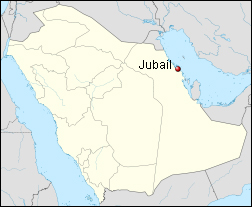

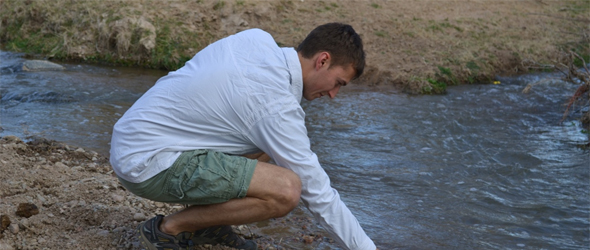
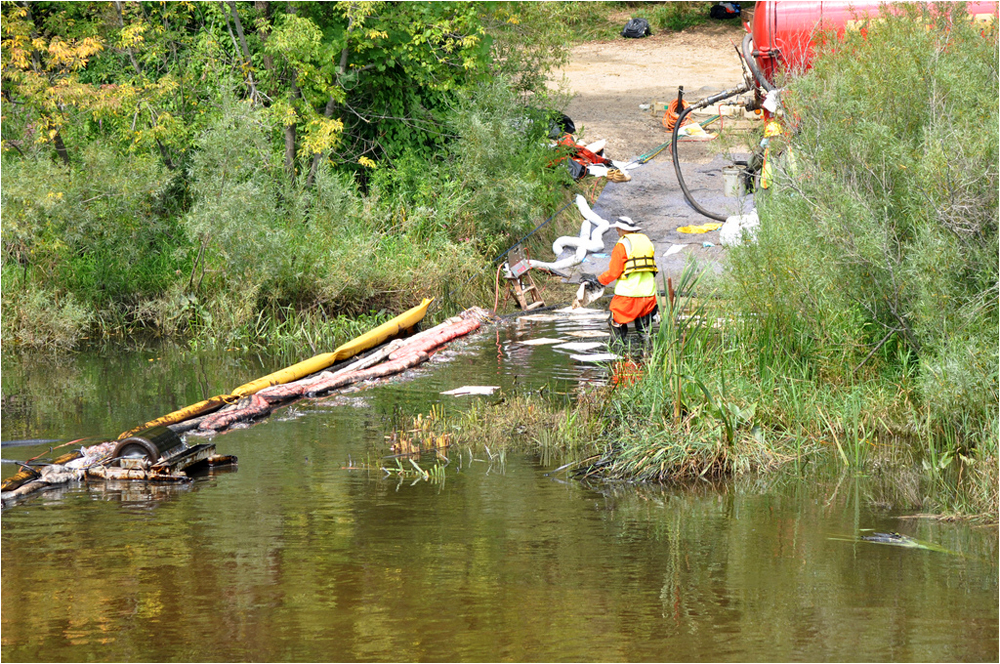
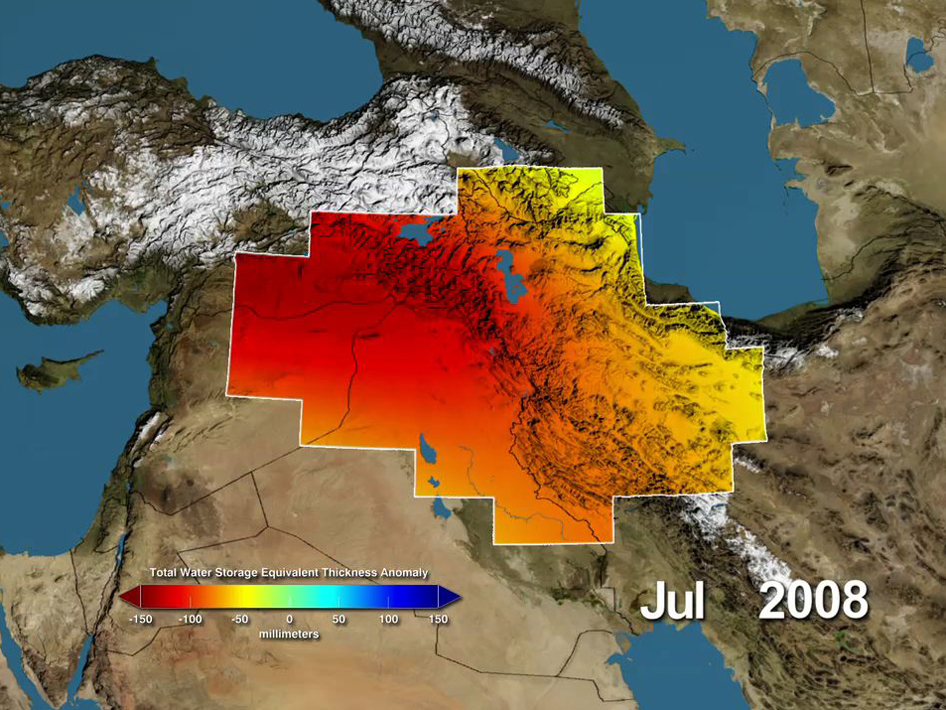
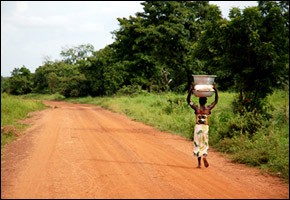


Wikileaks has let out some important and secret information over the last few years. If you don’t know what wikileaks is, this article gives an explanation on it.
http://explainlikeakid.blogspot.com/2011/10/wiki-leaks.html